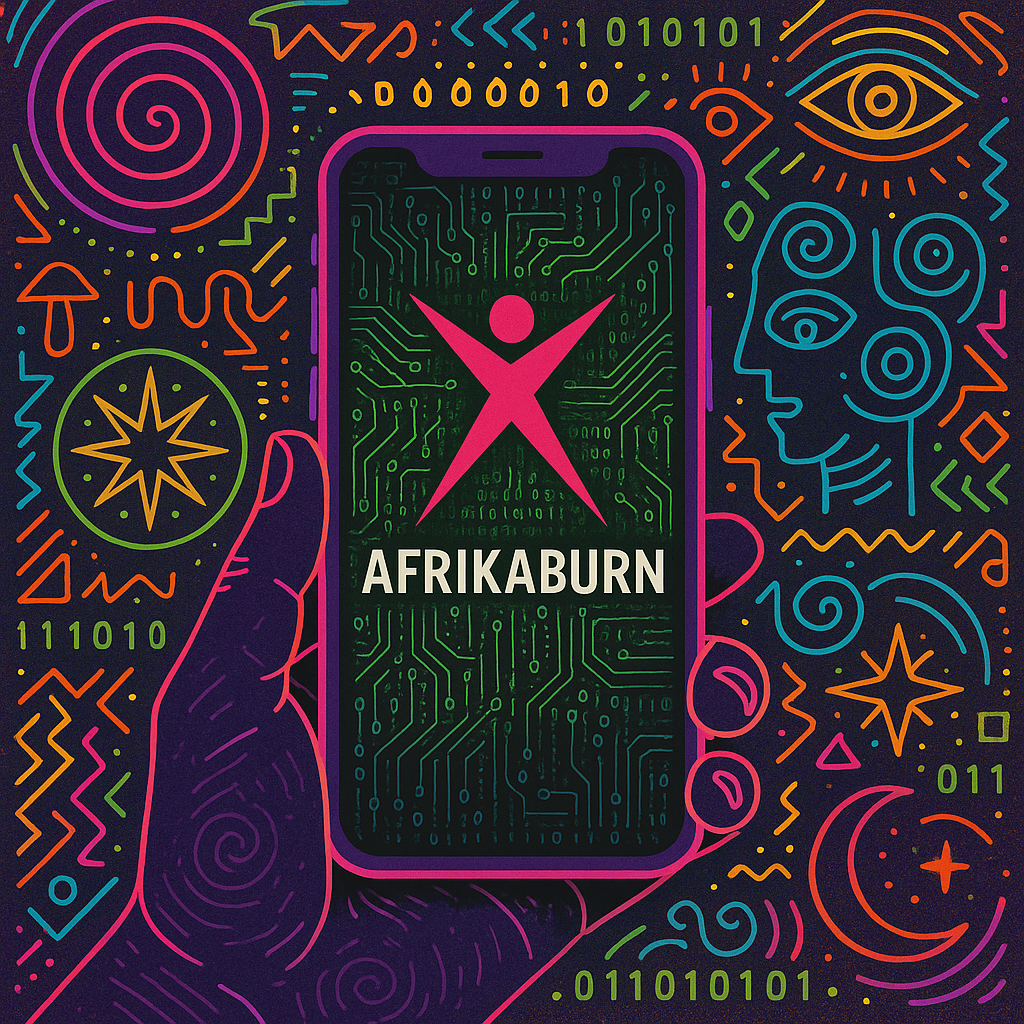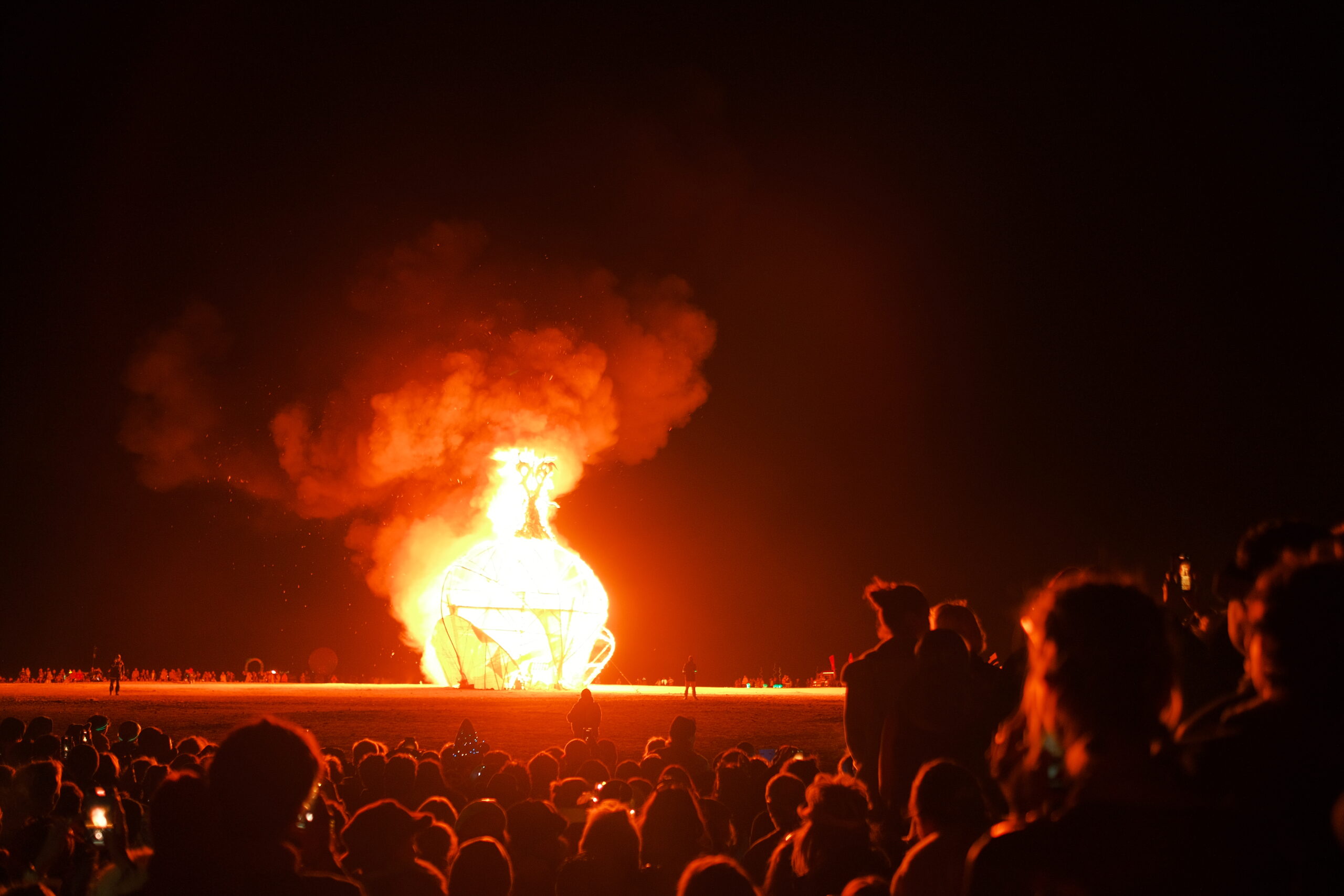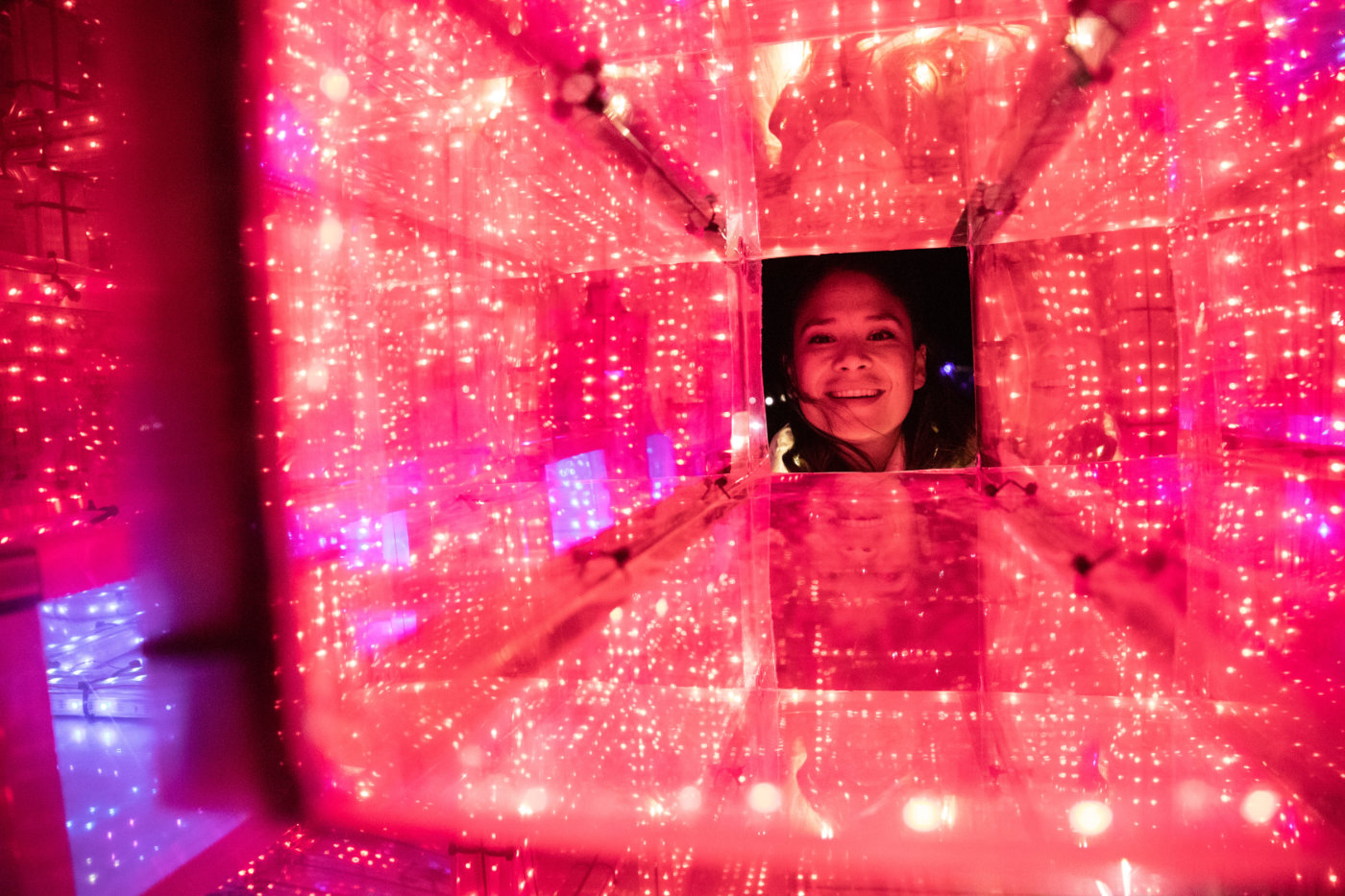We’ve got a big announcement to make – and it relates to the principle of Radical Inclusion. We’re making an adjustment to it – and you can read more about how & why below – and from here on out, this is is how it will read amongst the other 11 principles we list on our Guiding Principles page:
Radical Inclusion
Everyone should be able to be a part of AfrikaBurn. As an intentional community, committed to inventing the world anew, we actively pursue mechanisms to address imbalances and overcome barriers to participation, especially in light of past, current and systemic injustice.
We welcome and respect the stranger. Anyone can belong.
Supporting Rationale
Since the earliest days of AfrikaBurn, and the adoption of the 10 principles that Burning Man co-founder Larry Harvey wrote down for the time in 2004 (specifically in response to the growth and proliferation of Regional burns around the world, as a means for those, and the Burning Man community in general, to have some form of guiding concepts), one of them has rubbed up against the reality that we experience daily in South Africa: Radical Inclusion.
By virtue of being in South Africa (the most unequal country in the world) where about 85% of the population is considered marginalised, we recognise our challenge around Radical Inclusion is significantly different to the majority of the Burnivese. AfrikaBurn is very much against tokenistic approaches to honouring the principle and as such we’ve got a variety of mechanisms that have grown up and evolved since inception, that are helping to lower the barriers to participation. As a community we still have a long long way to go.
Since our event began, members of our team have been involved in face-to-face engagements and this attention has shifted focus towards marginalised and fringe communities where we’ve had opportunities to connect through creative endeavors. We actively seek out creative groups like cultural centres, shack theatres and music groups in peri-urban communities. With a multilingual, self-described ‘Blippie’ (Black Hippie) – now on board with our public facing team, we can better connect, deepen our engagement and reflect back the community we seek to become, with new participators.
The backbone of our event focussed inclusion work is creating greater accessibility to Tankwa Town through discounted tickets. ‘Low Income’ in South Africa is a relative term and reflects the reality that many people live on or below the breadline. We’ve offered these tickets (which are now named Anathi tickets) for about eight years now, which are tickets at approx 10% of the cost of a General Sale ticket. These are often coupled with Access Grants (transport to the event and welfare, for camping equipment and food). In tandem with these means of access, our team actively encourage and challenge project crews to reach out and make their own circle bigger and more diverse, through all our communications – to join the IllumAnathi.
To this end, our Creative Grant adjudication process also has social development / cohesion/ doing good shit in the world beyond the Burn built into the evaluation criteria, and has a higher weighting than other criteria. If there is an element of reaching beyond one’s social network groups or comfort zones built into a project’s plan, there is more chance of getting funding. And it’s just the right thing to do.
The following are mechanisms that our team has set up to bring the idea of Inclusion alive:
- Our Clan effigy build (and other large projects) have benefited significantly from having skills transfer and capacity-building development processes built into them. To that end, we have locate commissioned builds in marginalised areas, such as Sutherland in the Northern Cape.
- We actively fundraise through external sources – in SA this is largely through government funding and is linked principally to social cohesion, skills transfer and diversification of expression. With creative projects being where a lot of the alchemical gold that happens in what burns do in the world, they are really good vectors for building bridges across all sorts of divides, in the SA case, its most obviously racial and economic.
- Since 2016, a strong relationship has been developed with a delegation of Khoi and San (First Nations People) who now participate annually.
- Support is provided on an ongoing basis to communities close to our event site in the Tankwa Karoo through various aspects of our Outreach work. 3.5% of our annual event ticket proceeds go toward funding these, social development projects, Spark Grants and event access annually. Very often there are creative projects that support participation in the event as well as other direct support to learners at Elandsvlei School, and Brakfontein Hostel, in the Northern Cape. Details of the support provided can be found on the Outreach page of our website.
- Our Blank Canvas Express initiative has seen co-created arts activations in Northern Cape communities involving AB art crews. Specific attention has been paid to activations in previously disadvantaged and rural areas within which community arts hubs have been identified, and collaborated with, with the aim of building strong ties that enable artists from these communities to actively participate in our annual AfrikaBurn event as artists and collectives bringing projects of their own choice.
- Basic diversity literacy training for the organisation has been happening since 2016 and has formed the basis of an inclusivity pack – with some South African context and acculturation for our contingent of international Rangers.
- We have an Inclusivity committee, whose role is to innovate and be inventive about mechanisms for integration. The aim of this committee is not only to deal with barriers to entry and participation, but also to grapple with agency and marginalised people being able to participate on their now terms, when they have gotten to our event.
- We have a racism response protocol and team who handle situations immediately and appropriately whenever they might arise.
- Our annual Streetopia event – which is an urban iteration of the desert experiment in our city neighbourhood – with legacy projects reaching local marginalised artists. This has shown great results in our 2017 and 2018 events – and another is being planned in Johannesburg for late 2019.
- Two of our staff members/directors now have specific Key Performance Agreements related to diversity, which means that their mandate is to monitor and develop ways in which diversity and inclusion are part of our way of operating as an organisation.
For more supporting information, and documentation, please see our Inclusivity Guide.
Unpacking the terms of our revised Radical Inclusion principle
‘Everyone should’ – we are open to all but recognise that we might not be reaching everyone who might be interested in AfrikaBurn and that it is not for everyone.
‘Intentional community’ – planned to have a strong sense of social cohesion and teamwork by people who hold the guiding principles.
‘Imbalances’ – resulting from structural inequality where a category or categories of people are attributed an unequal status in relation to others, which creates impacts of unequal opportunities, rights, and agency.
‘Barriers to participation’ – not having the moola is only one barrier, there are many other factors that limit agency including: personal networks, resources, access to information.
‘Systemic injustice’ – the institution and maintenance of socio-economic systems that reward the privileged and obstruct the vulnerable, resulting in social ills including: poverty, unequal opportunities to education or economic mobility, racial profiling, access to resources etc; that exist to rationalise and uphold white privilege and power that may not be visible to those they support but are acutely felt by those they marginalise.
‘Stranger’ – friend we’ve not met yet, and that within ourselves.
Links to existing Inclusion conversations of our website:
– Hard Questions: Inclusion
– Anathi Tickets & Access Grants



